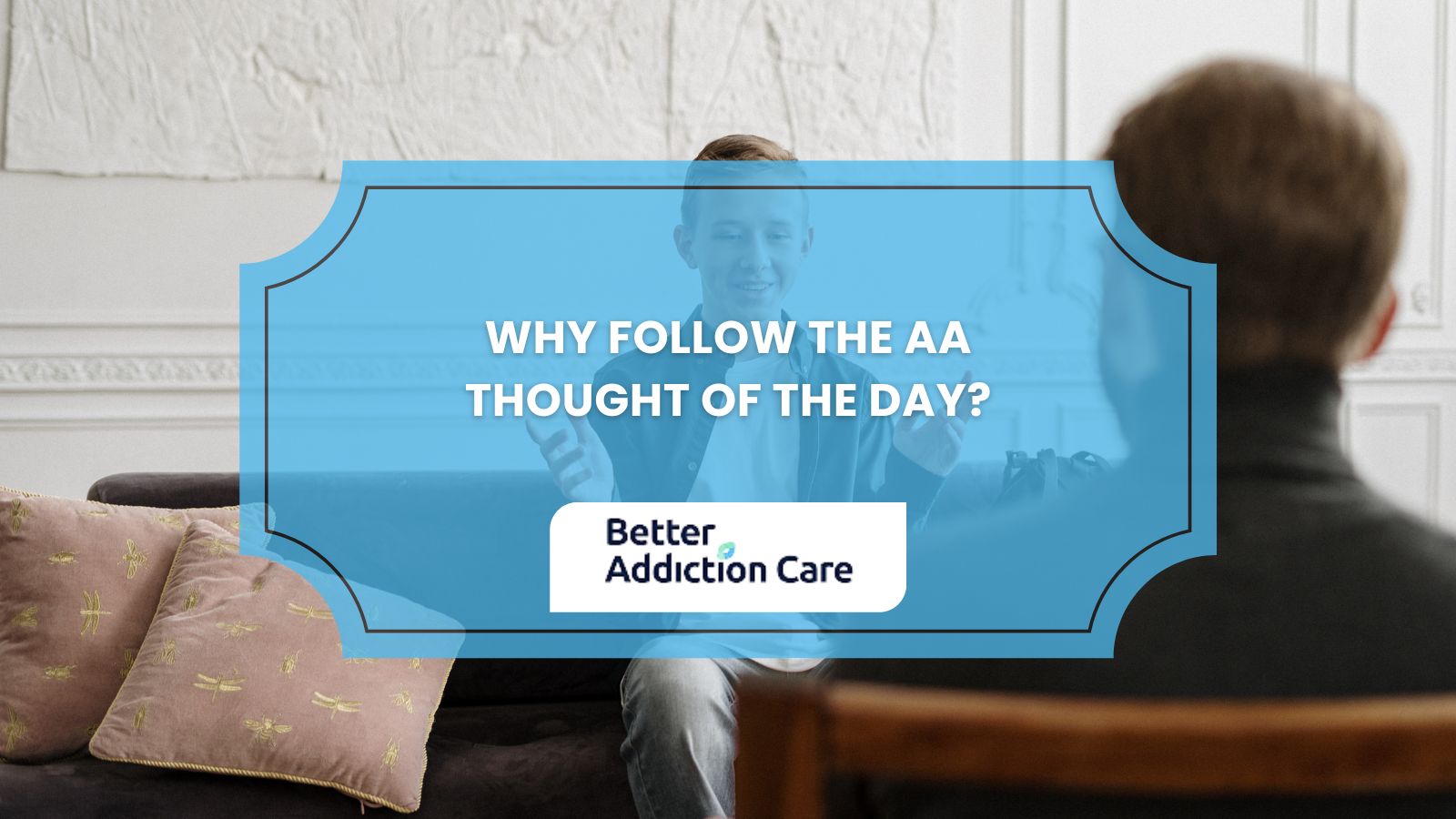43 Best Alcohol and Drug Rehabs in Pittsburgh, PA 2025
Better Addiction Care’s guide to 43 accredited addiction treatment centers in Pennsylvania connects individuals and families with high-quality, evidence-based care for substance use disorders. These centers span major cities and rural regions across Pittsburgh, Pennsylvania, offering a full continuum of care, from medically supervised detox to outpatient counseling and aftercare planning.
Facilities in Pennsylvania include state-licensed rehab hospitals, faith-based programs, holistic wellness retreats, and community-supported recovery clinics. Most offer specialized tracks such as gender-specific care, adolescent programs, LGBTQ+ support, and treatment for co-occurring mental health conditions.
Whether you need 24/7 residential support, medication-assisted treatment (MAT), trauma-informed therapy, or virtual telehealth services, Better Addiction Care’s directory helps you compare providers by services, location, insurance coverage, and clinical reputation, ensuring you find the best fit for long-term recovery in Pittsburgh, Pennsylvania.
43 Treatment Centers in Pittsburgh, PA

7.26

6.82

7.20

6.93
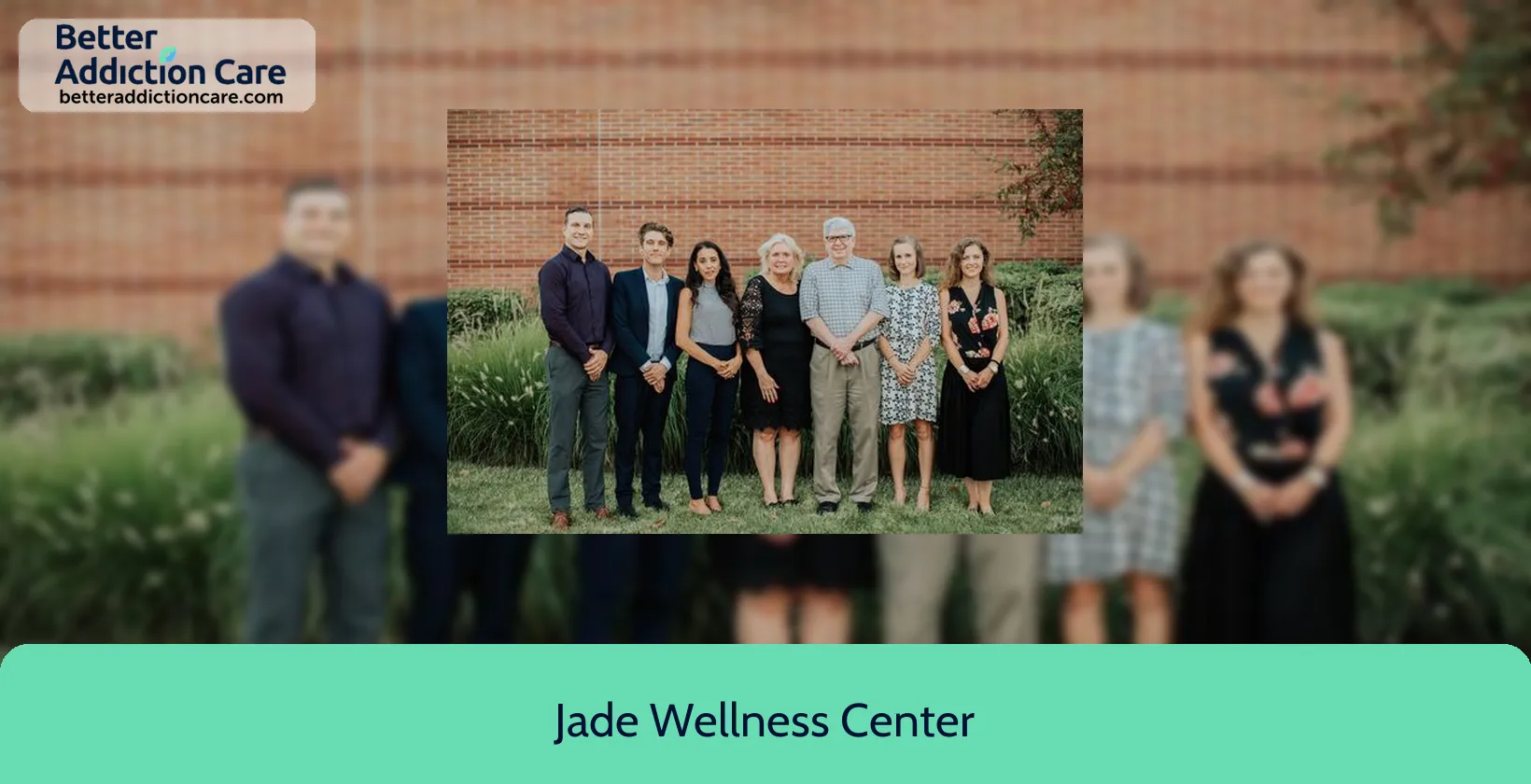
7.52
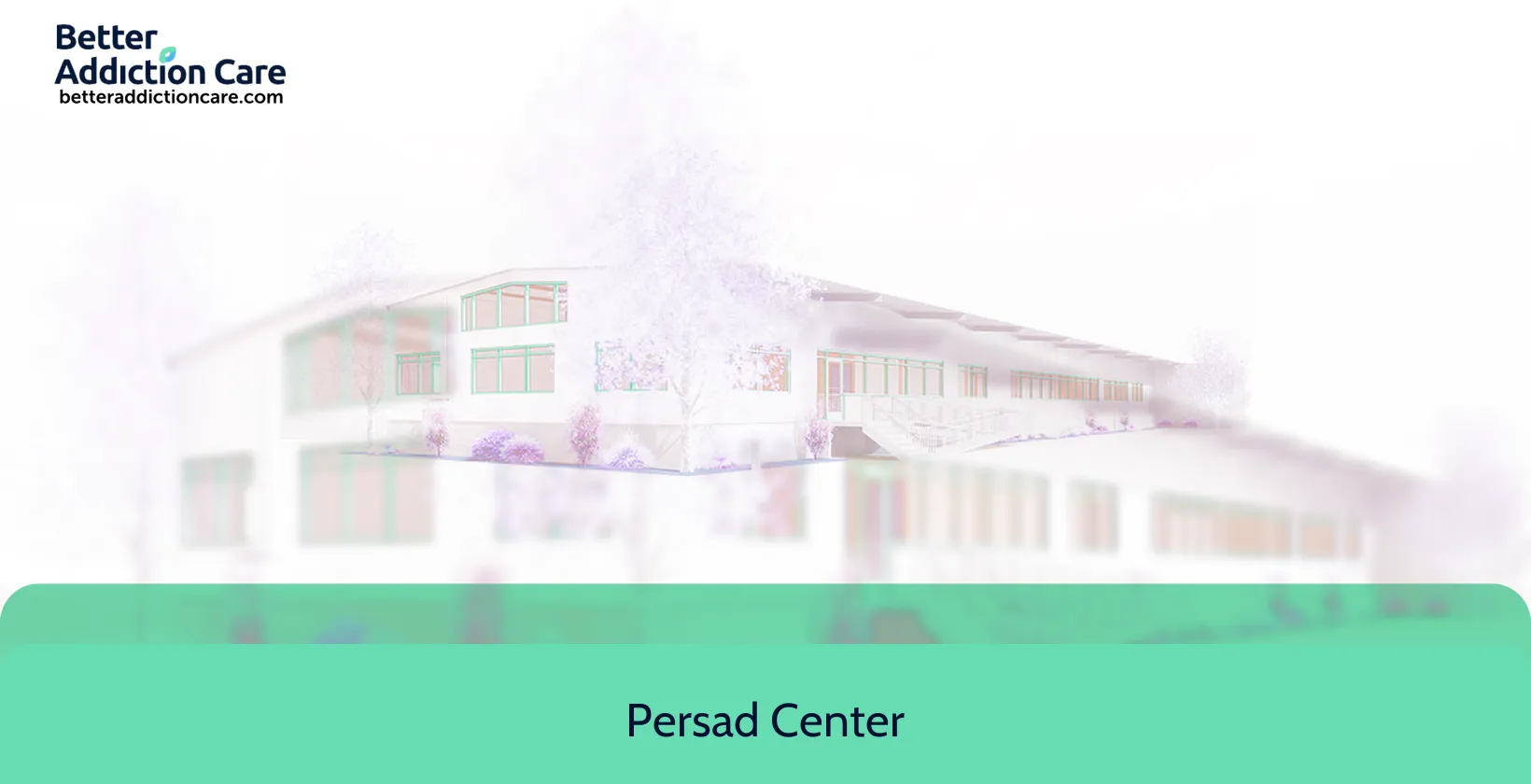
7.03
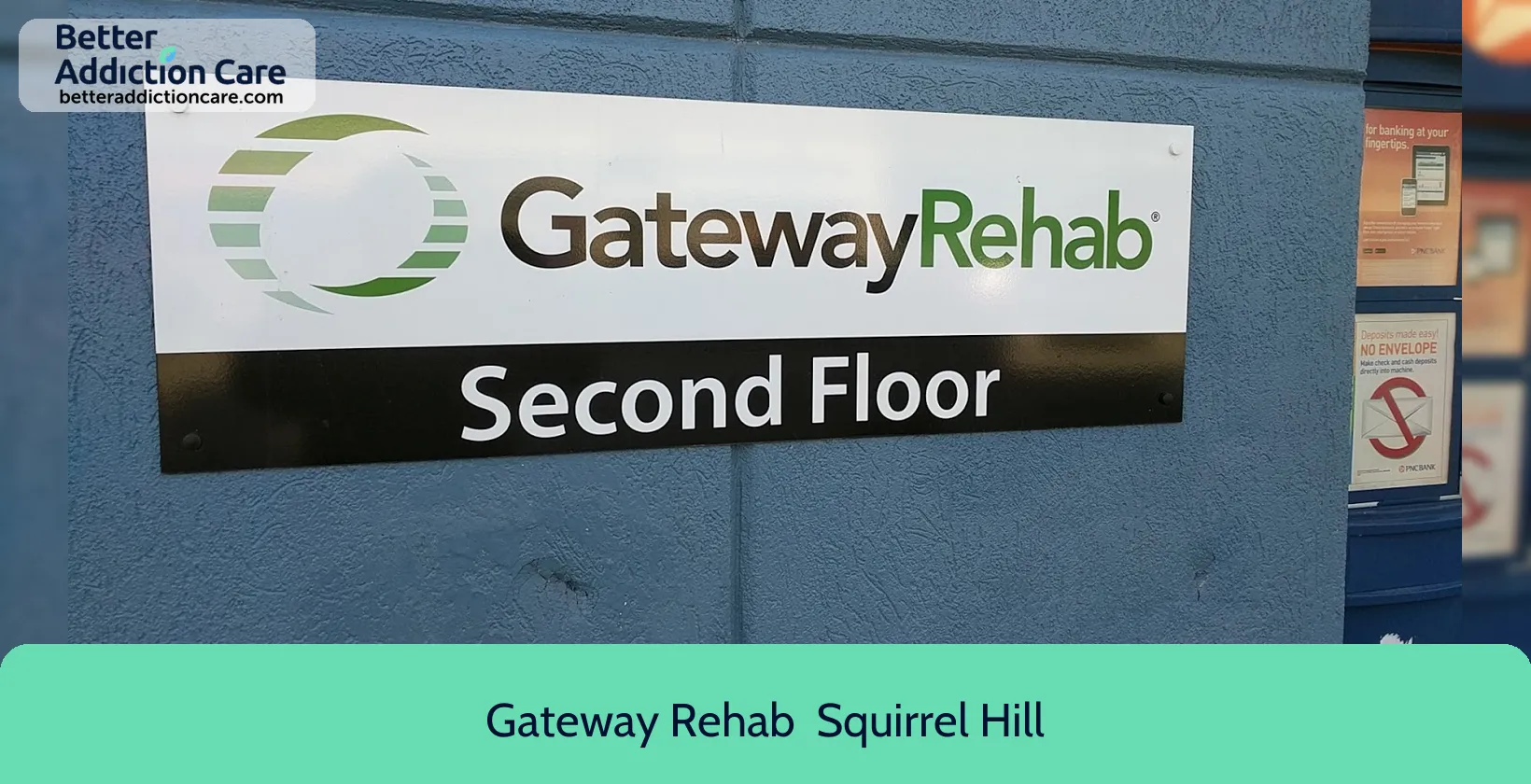
7.37
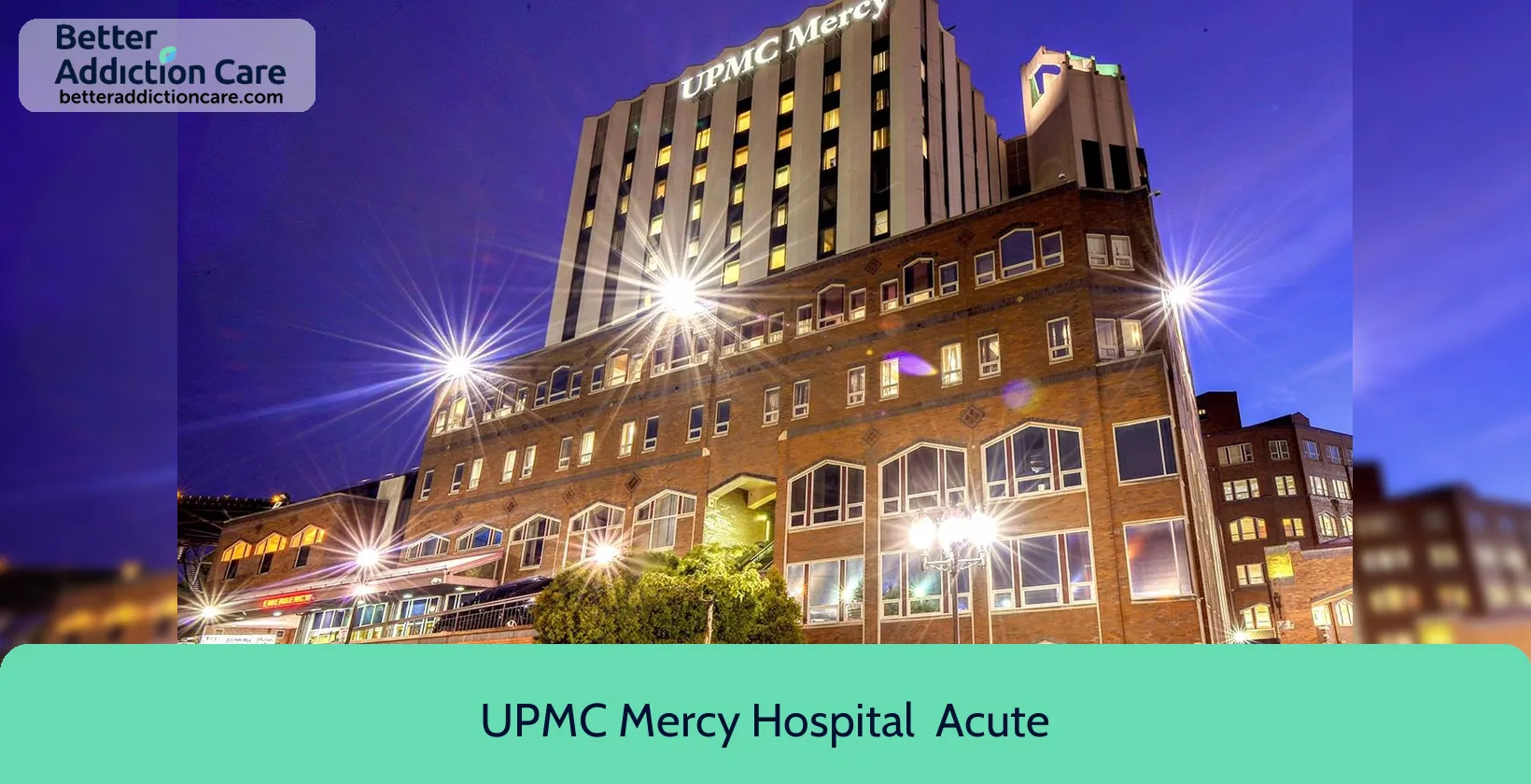
7.39
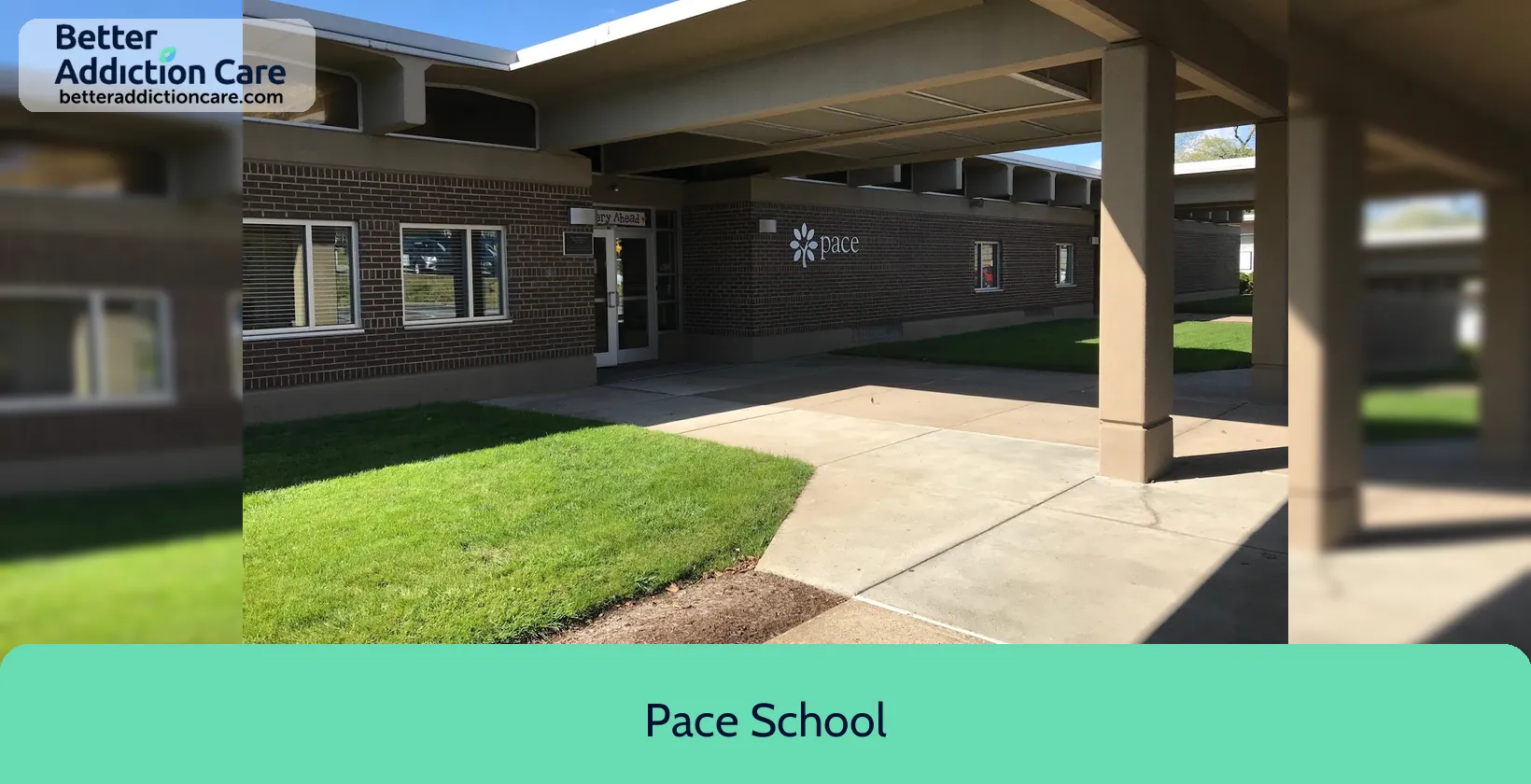
6.56
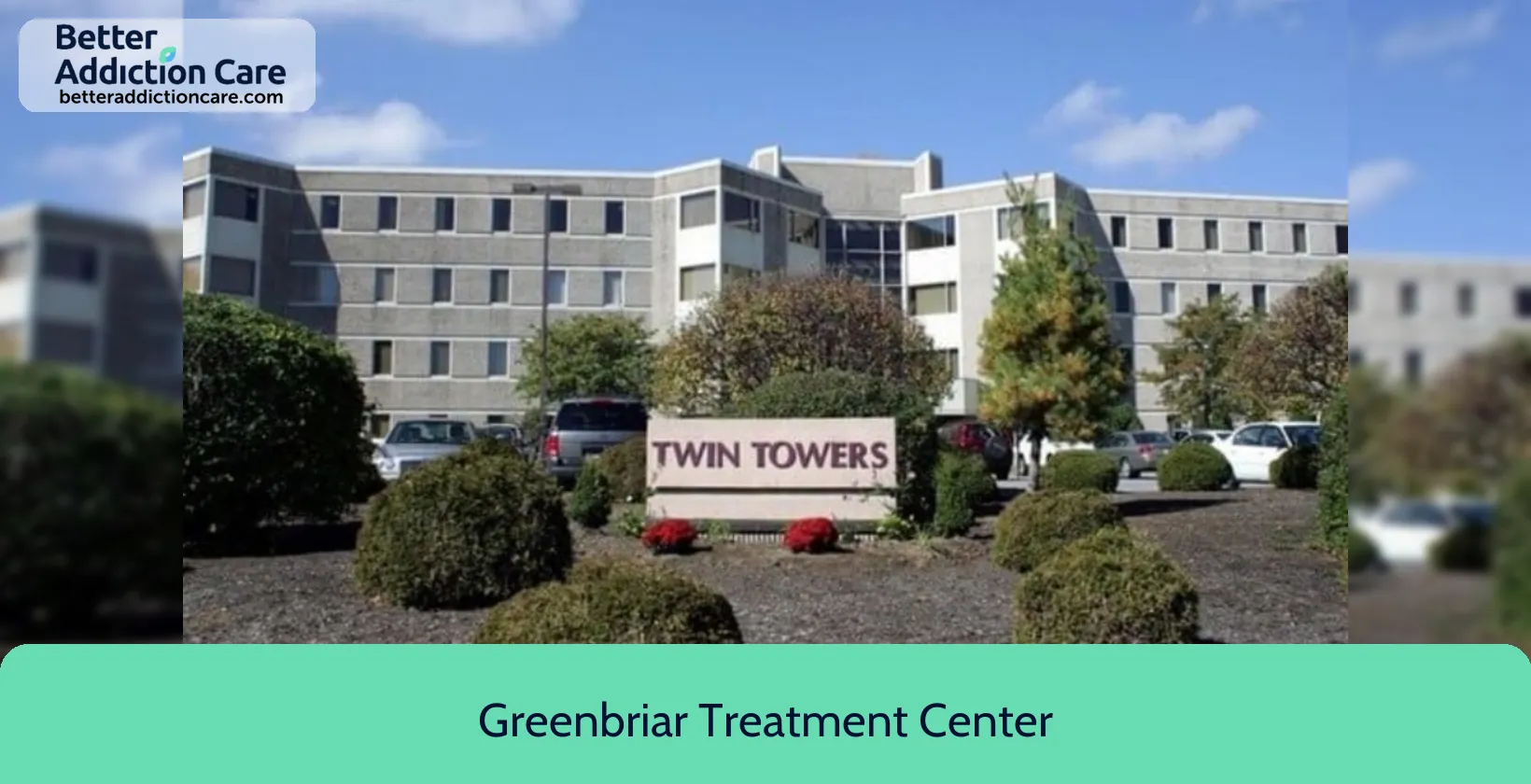
6.93
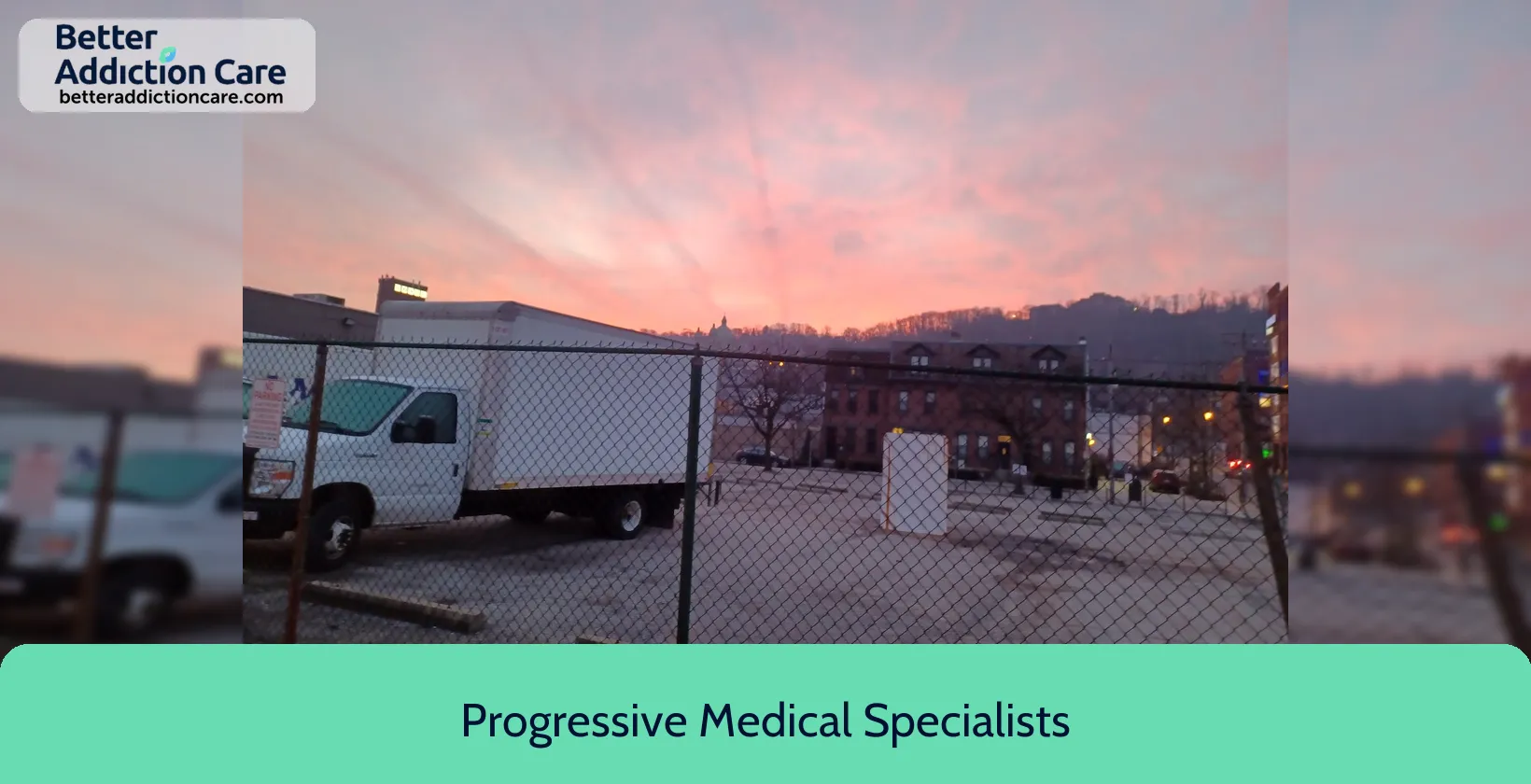
6.96
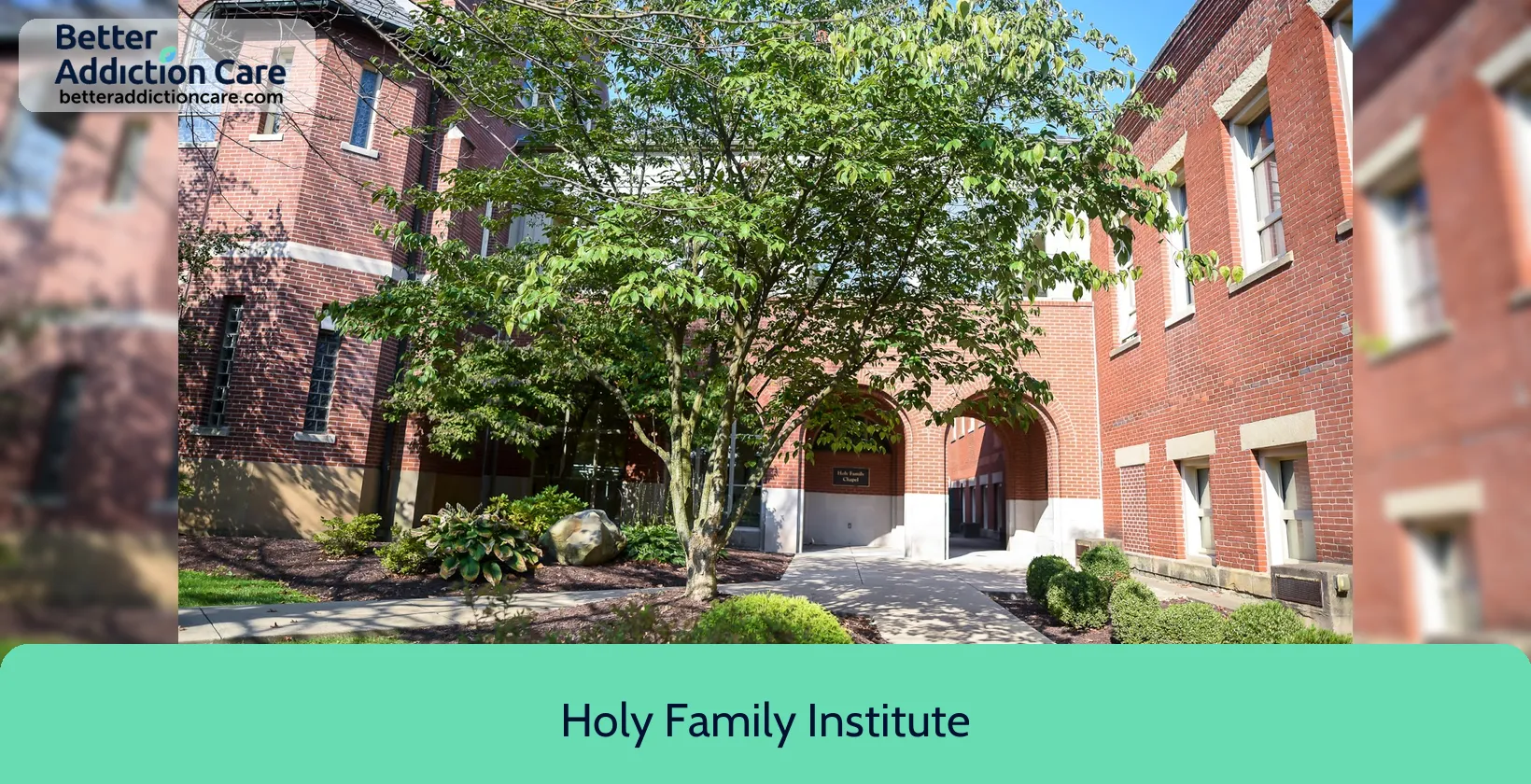
6.96
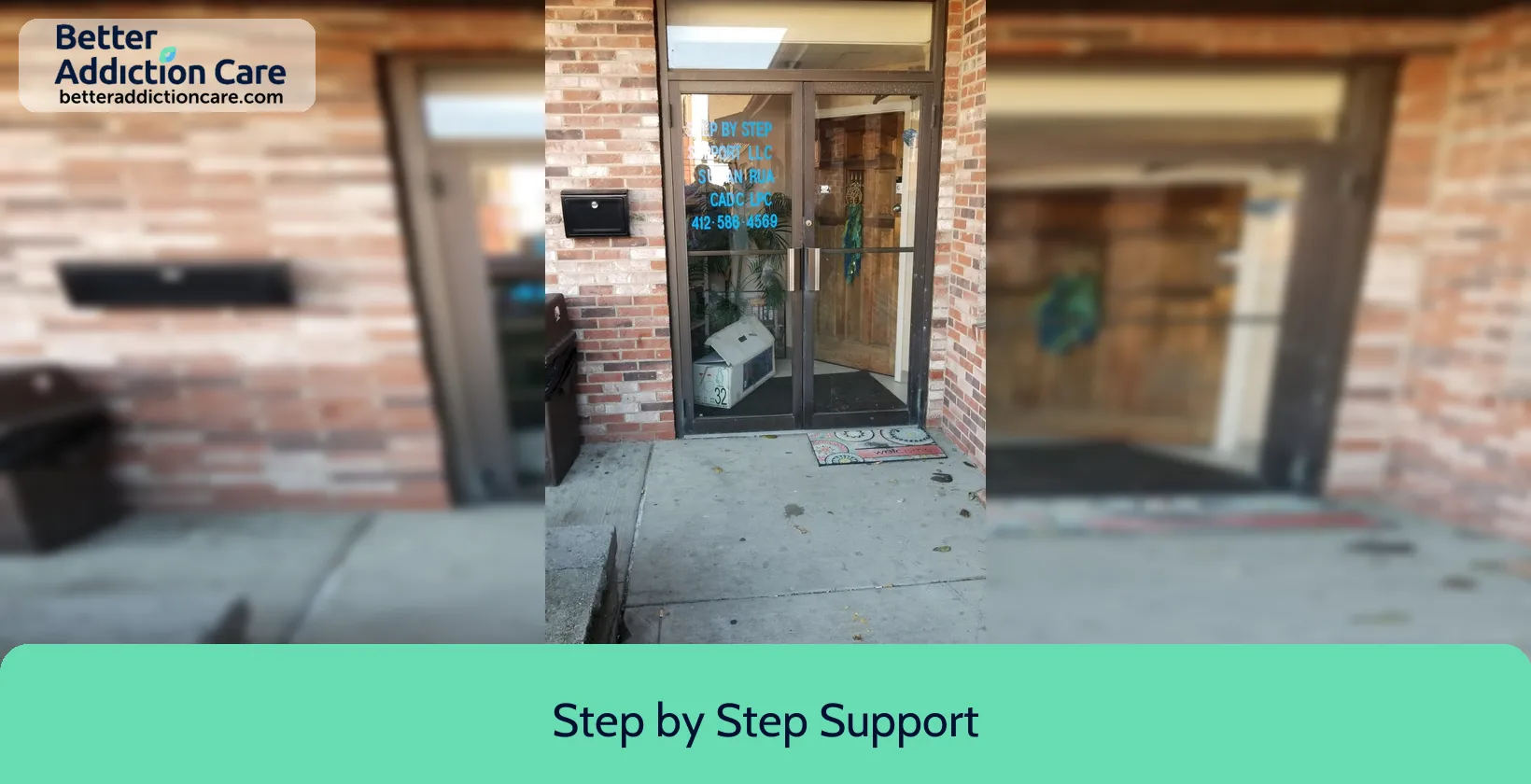
6.62
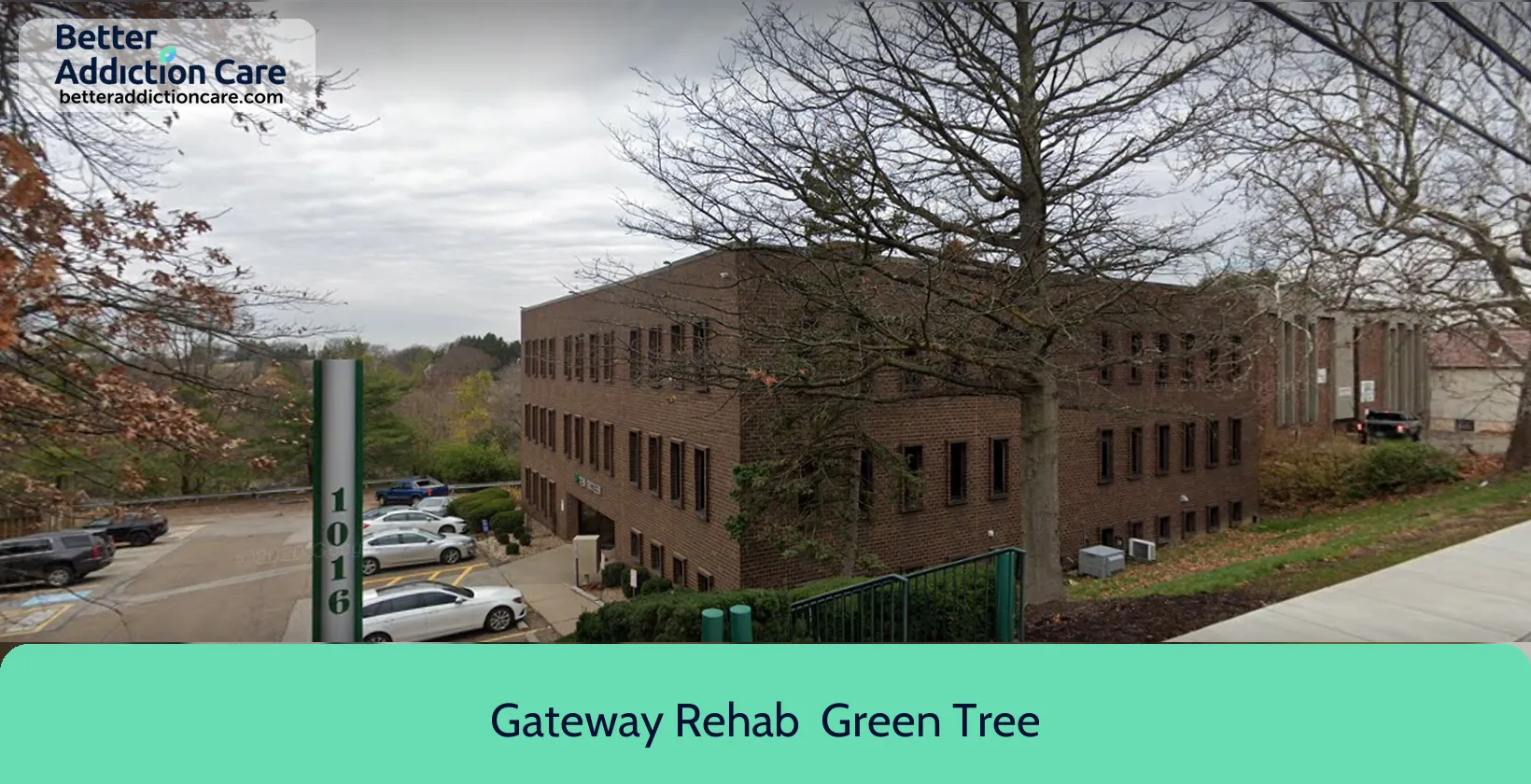
7.37
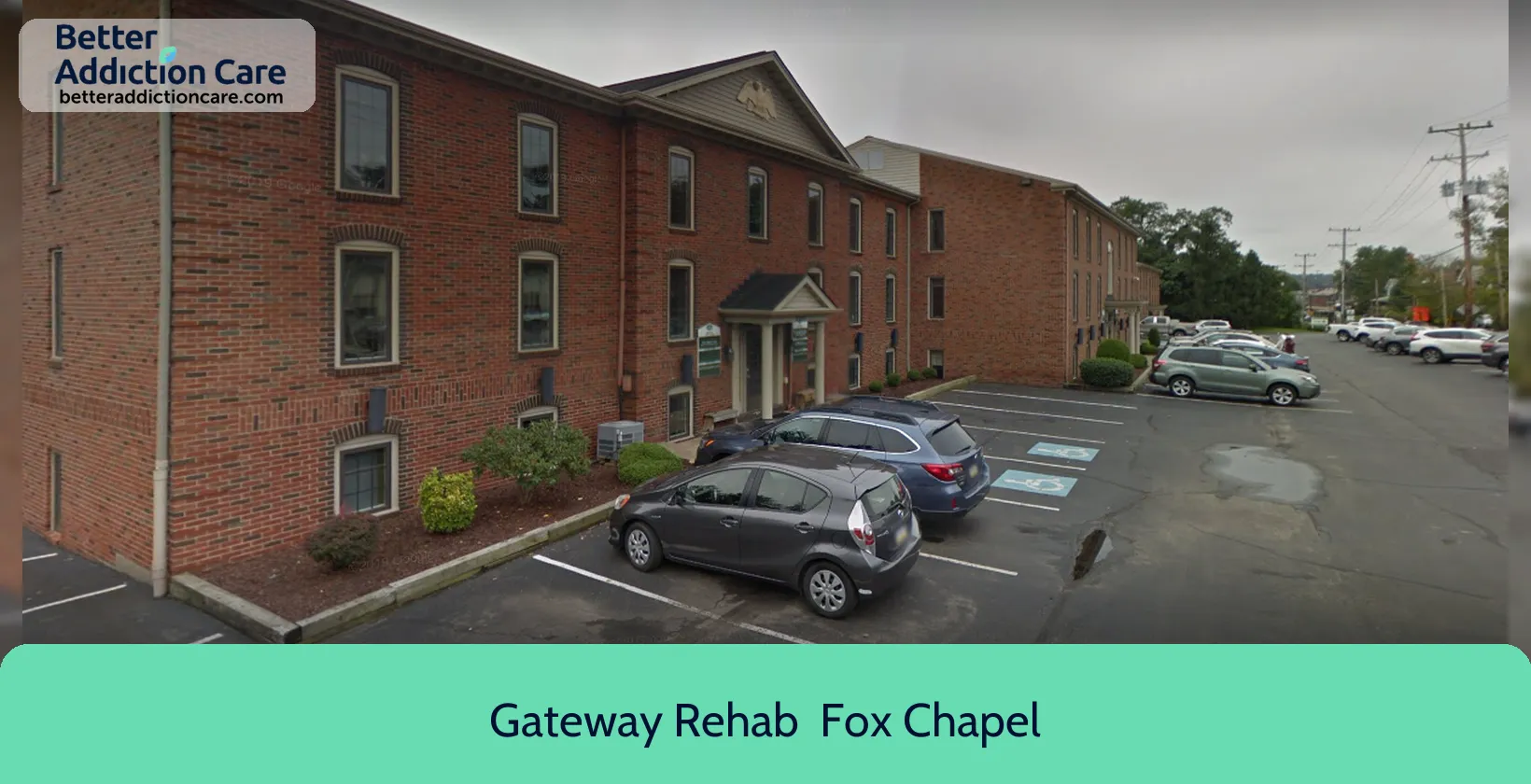
7.37
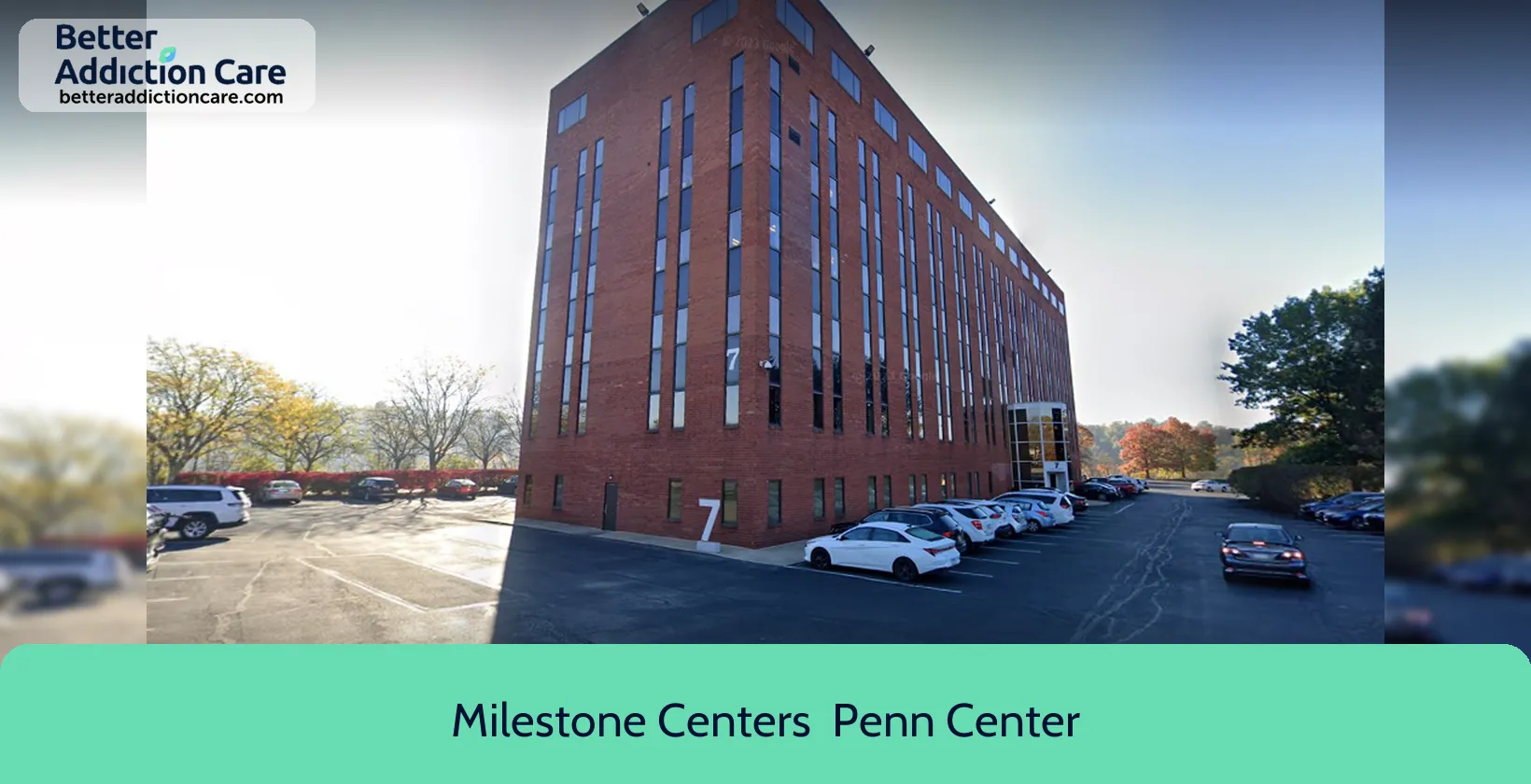
6.65
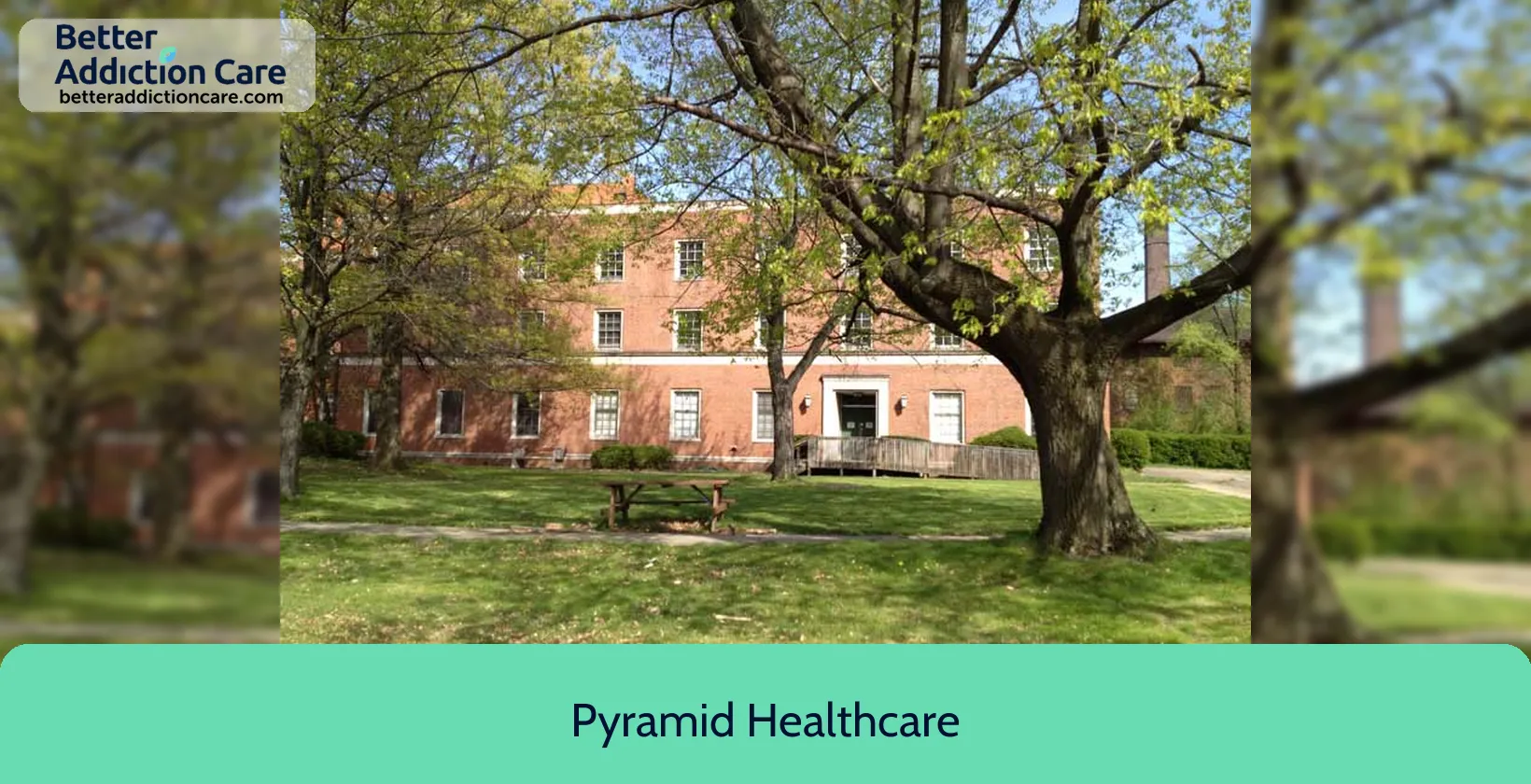
7.27
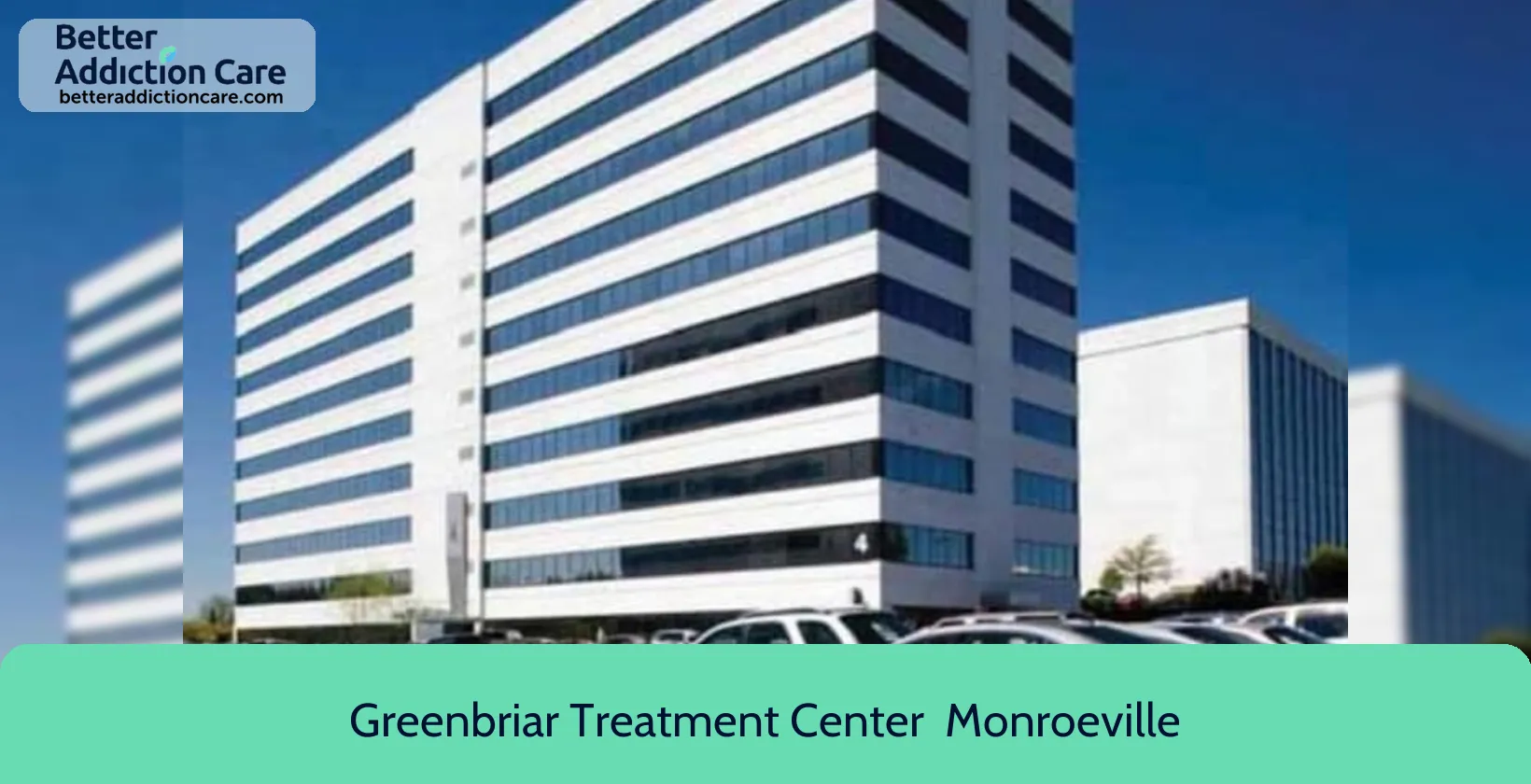
6.93

6.67

7.92

7.43

6.92

6.91

6.94

6.62

7.29

6.68

6.56

6.86

7.05

6.62

6.62

6.80

6.62

6.62

6.68

6.93

6.88

6.88

6.65

7.32

6.59

6.56
Local Rehabs in Pennsylvania
Common Questions About Rehab in Pittsburgh
Take a look at our FAQ. We've tried to fill it with all the answers you're looking for. And if not, contact us on (888) 349-0436.
- Accreditation and licensing of the facility
- Availability of medical detox and evidence-based therapies
- Specialized programs based on patient needs (e.g., dual diagnosis, gender-specific care)
- Insurance acceptance and out-of-pocket costs
- Facility location, amenities, and reviews
The cost of Dual Diagnosis rehab centers in Pittsburgh, Pennsylvania is typically around $20,000.
Inpatient Programs:
- 30-day treatment: $20,000 (range: $10,000 – $30,000)
- 60–90 day treatment: $36,000 (range: $12,000 – $60,000)
Outpatient Programs: Average cost is $5,700 (range: $1,400 – $10,000).
Luxury Centers: Can cost up to $80,000 per month due to enhanced amenities and personalized services.
Pricing depends on treatment type, facility features, and duration of the program.
Dual Diagnosis rehab centers treat both substance abuse and co-occurring mental health disorders, which increases cost due to specialized care:
- Alcohol addiction: Costs increase by 30%, raising a 30-day program to $26,000
- Opioid addiction: Medication-assisted treatment (MAT) raises 60–90 day costs by 45%, totaling $52,200
The cost of Faith-Based rehab centers in Pittsburgh, Pennsylvania is approximately $50,000, representing 72.5% of the standard cost.
The average cost of a 30-day inpatient Faith-Based rehab program in Pittsburgh, Pennsylvania ranges between $45,000 and $55,000, which is slightly lower than the general inpatient average of $56,640.
This reflects a cost reduction of $1,640 to $11,640, or 3–20% less than standard inpatient programs.
Outpatient Faith-Based programs typically cost $1,400 to $10,000 for a 3-month duration.
The cost of LGBTQ+ rehab centers in Pittsburgh, Pennsylvania ranges from $20,000 to $30,000. On average, inpatient treatment ranges from $15,000 to $30,000 per month, while outpatient programs generally cost between $5,000 and $10,000 monthly.
Costs increase by up to 50% for specialized LGBTQ+ care due to tailored services and inclusive environments. For example, if a standard program costs $20,000, a specialized LGBTQ+ program may reach $30,000—a 50% increase.
Costs in areas like Pennsylvania may vary based on the type of substance and level of care. Treatment for opioid use can increase costs by 20–30%, adding $4,000–$6,000 to a $20,000 program. In contrast, treatment for alcohol addiction typically raises costs by 10–15%.




